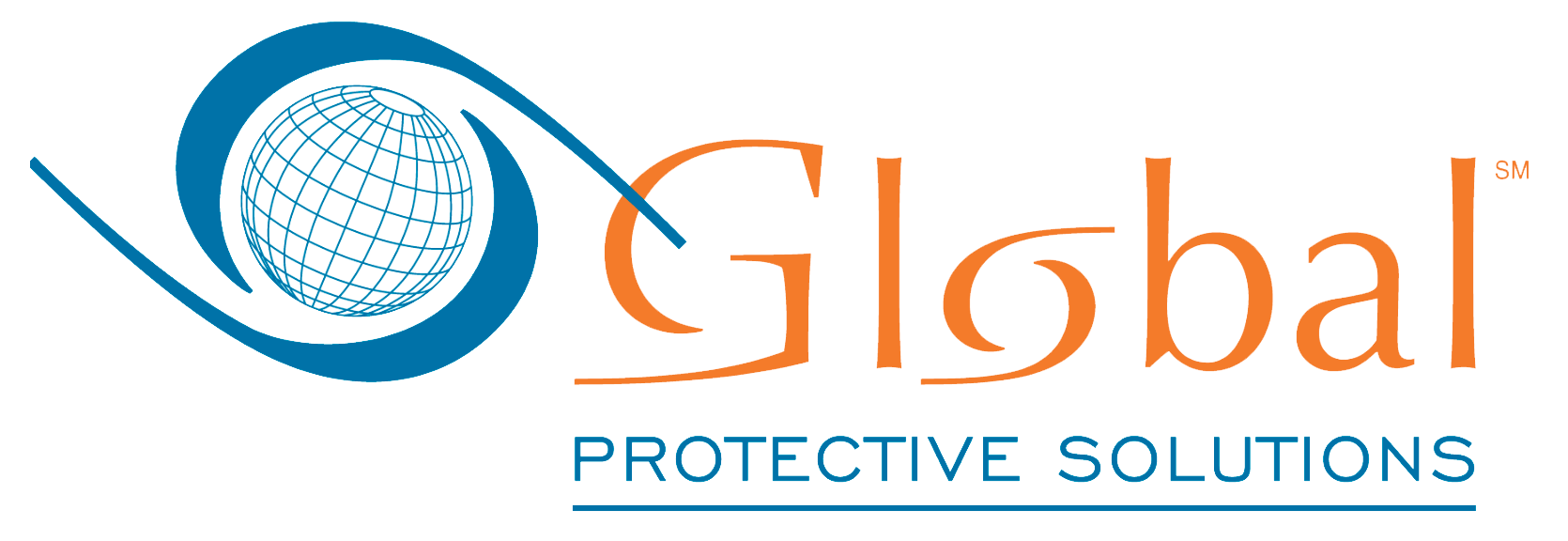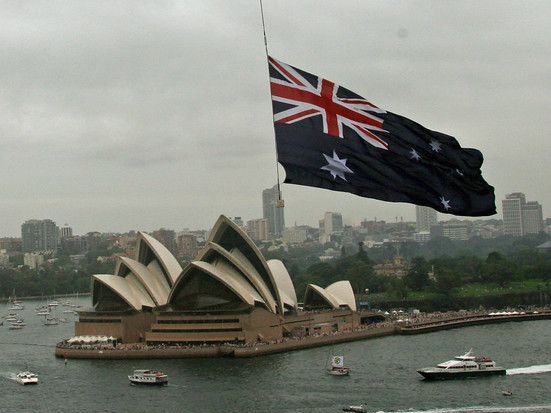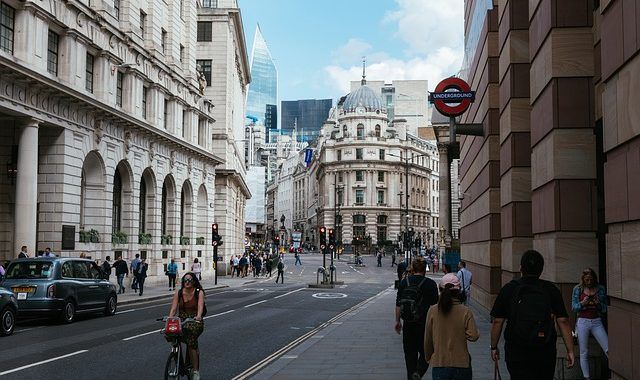Medical complication coverage and insurance for international patients, employers, facilitators, and hospitals.
Medical Tourism Risks
Any medical procedure, no matter where it is performed, can come with risks for the patient. However, it is undeniable that having medical work done in a foreign country comes with its own distinct set of risks. What are the risks of medical tourism, and how can international patients protect themselves against them?
Communication Struggles
While many of the highly accredited hospitals and medical facilities have English-speaking staff, that does not mean every facility does. It does not even mean that the “English-speaking” caregivers are fluent. Your hospital could be the best around, but if they cannot fully understand some of the nuances of your conversation, vital information may be missed – on both sides. This is especially scary if complications with your procedure arise.
Safety & Ethics
In the US, healthcare is a highly regulated practice. Because the government keeps a close eye on hospitals and medical facilities, you know what you’re getting when you go to receive treatment. However, not all foreign countries have the same regulations as the US. If you choose to undergo medical tourism, make sure you research the regulations of the country you will visit and see if they have any credentials for regulating facilities. The Joint Commission International is a great place to start when searching for safe care facilities abroad.
As far as ethics go, there is the matter of experimental practices. Some practices that are not approved in the US, such as using stem cells, are commonly performed in other countries. As a medical tourist, you may be seeking experimental procedures or treatments, but you also may be totally against them. Before you go, make sure you thoroughly research what kinds of practices and procedures your foreign medical provider will use.
Complications
Traveling to receive medical care in another country certainly increases the risk of medical complications. First, the chance of infections increases, especially if you are at a facility that is poorly regulated. Bacterial and viral infections, as well as diseases like HIV and hepatitis, can be spread due to unsanitary medical practices. Another thing that can cause complications is traveling soon after a surgery or procedure. If you engage in medical tourism, it is best to remain in the country for a while as you recover. Many facilities have excellent recovery units and amenities – you just have to make sure you’re visiting the right place.
Our medical tourism insurance is designed to provide coverage in the event of medical complications incurred in a foreign country. There are risks to medical tourism, but also wonderful benefits. Don’t go in unprotected.
You might also be interested in: Why Participate In Medical Tourism?

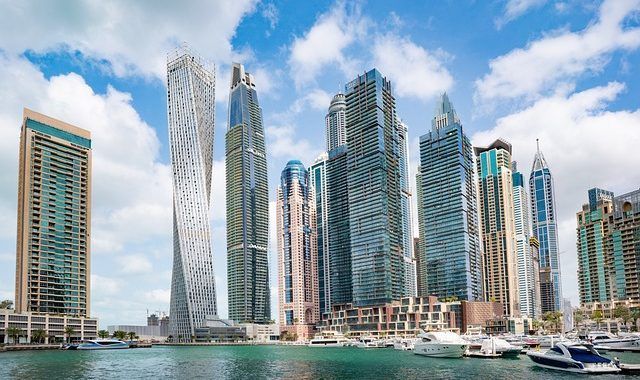
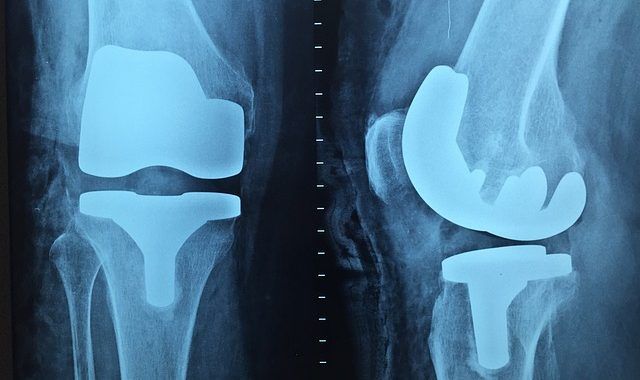




Contact Information
Phone: +1 (803) 799-1770
Business Hours
- Mon - Fri
- -
- Sat - Sun
- Closed
Eastern Time




Wire Funds Also Accepted.
